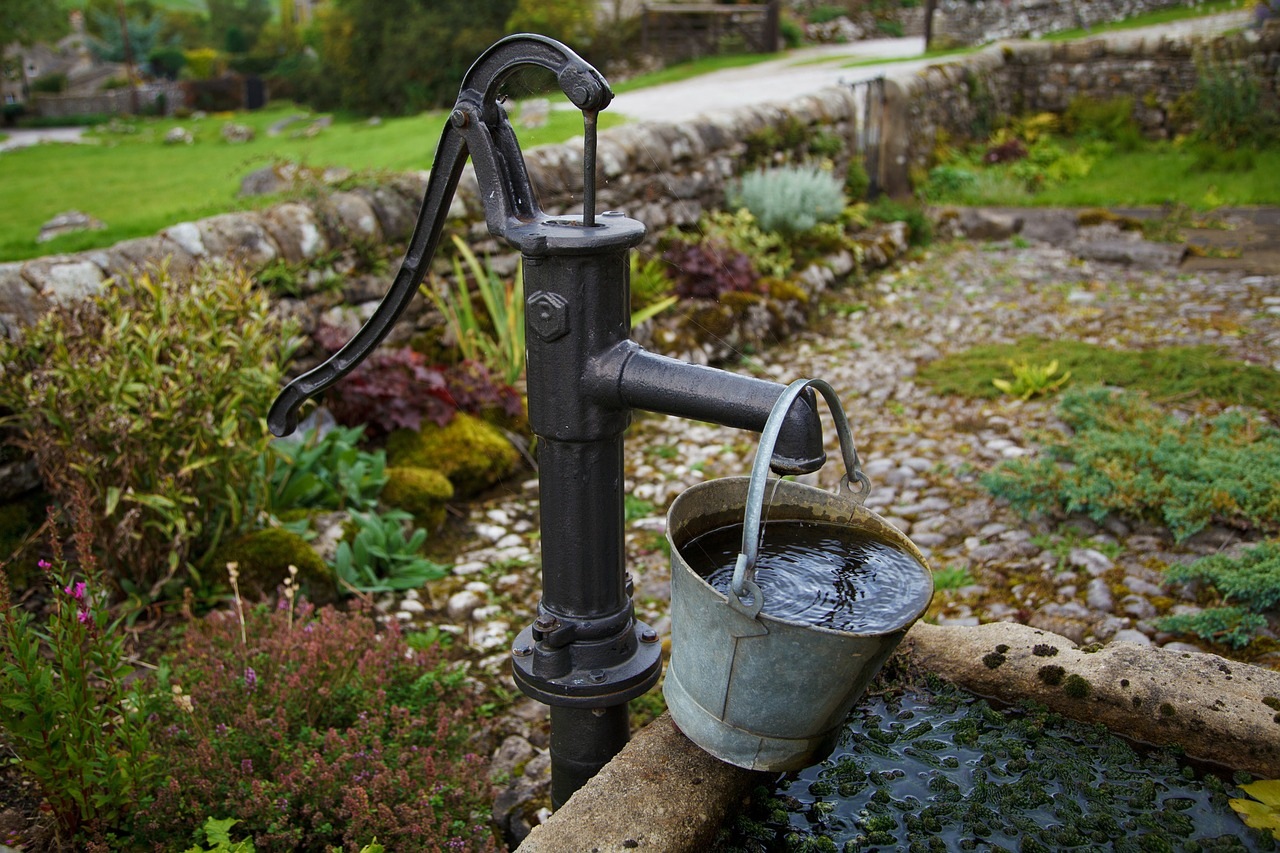How will new state law affect your well and your drinking water?
Get answers and ask questions at a town hall meeting Monday, Aug. 17, at the Wimberley Community Center, 6-8 p.m.
In May, after public protests against a large wholesale groundwater exportation project, the state legislature passed HB 3405, a bill that placed unregulated groundwater areas in Hays County under the jurisdiction of the Barton Springs/Edwards Aquifer Conservation District. The District is now working to implement regulations called for in the law, including the registration and permitting of Trinity aquifer wells in the formerly unregulated area.
At the town hall residents and business owners will have the chance to learn about the new rules and get general information about landowner rights, protections for the aquifer and how the legislation came to be. There will be an opportunity to ask questions and register your well if need be. The town hall will include opening presentations and come-and-go information stations.
State Rep. Jason Isaac, who sponsored HB 3405, County Commissioner Will Conley, who helped propose it, and State Sen. Donna Campbell, who carried the legislation in the state senate, will speak and be available for questions, as will staff and board members of the Barton Springs District.
“The new groundwater management zone is in direct response to a need identified by the residents in Hays County,” District board president Mary Stone said. “It was a long, involved process with a lot of community input that helped shape the legislation that expanded the District’s jurisdictional area. The town hall will be a great opportunity to hear from the elected officials that set up the framework to better conserve, preserve, and protect groundwater resources in this new area.”
1124 Regal Row · Austin, Texas 78748 · (512) 282-8441 · Fax: (512) 282-7016 · www.bseacd.org · e-mail: bseacd@mail.bseacd.org
Now that HB 3405 is law, the District has the responsibility to manage all non-Edwards groundwater withdrawals (primarily Trinity Aquifer wells) in central, southern, and eastern Hays County. Large or commercial wells may need to be permitted, and under the terms of the bill, that is all supposed to happen by Sept. 19.
If you are a well owner with a low capacity Trinity well used solely for domestic and/or livestock purposes, you will need to register your well, but don’t have to permit it or pay a fee. The purpose of registering your well is that the District can notify you in the event of a proposed permit nearby, a spill, water quality issue, or water level decline due to drought or an adjacent pumping center.
Owners with Trinity wells in the new area that are used for existing businesses, public water supply, industrial, or irrigation purposes, must register and obtain a permit. There will be some cost involved, but to make it easier, the District board of directors voted to waive the $500 permit application fee for any commercial well owner who applies before the end of the grace period established in the law – Sept. 19, 2015.
“Nonexempt Trinity well owners – with well uses other than domestic or livestock—who submit applications during the grace period will have the $500 application fee waived and will be issued a Temporary Permit to allow continued uninterrupted operation of their wells and a smooth transition into a regular permit and compliance with the new law,” said John Dupnik, the District’s general manager. “We strongly encourage current well owners to take advantage of this opportunity. Domestic and livestock well owners can register their well in about 5 minutes online, or come to one of our public meetings. We’ve tried to streamline the process to make it quick, simple, and transparent.”
In addition to the town hall meeting in Wimberley, District staff are holding neighborhood question and answer sessions throughout the newly regulated area, to inform residents about the new bill, policy changes, and resources and requirements for well owners in the new groundwater management zone.
More details and interactive map can be accessed online at www.bseacd.org/TrinityWell.
Regulations for well owners with wells already within the Barton Springs/Edwards Aquifer District, or within the Hays Trinity Groundwater Conservation District, will not change, nor will regulations for Edwards wells within the newly regulated area, unless those wells punch through the Edwards formation into the Trinity Aquifer below.
BSEACD is a groundwater conservation district charged by the Texas Legislature to preserve, conserve, and protect the aquifers and groundwater resources within its jurisdiction, which includes parts of three Central Texas counties. It is governed by a Board of five elected directors and staffed with hydrogeologists, groundwater regulatory compliance specialists, environmental educators, geospatial systems specialists, and administrative support personnel.

